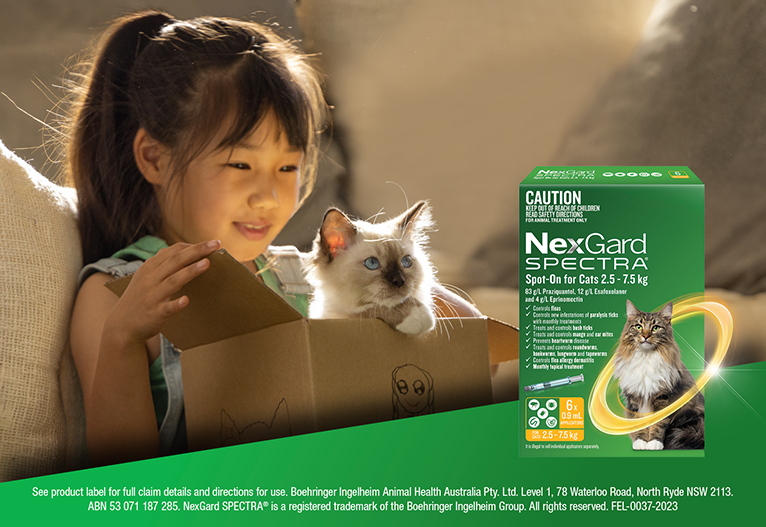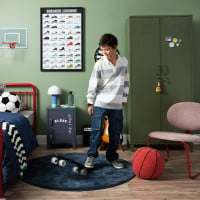Everyday I chat with mums who tell me “I think my child has dyslexia”. The great news is that most mums I chat with who believe their child has dyslexia actually have something different… Something that appears to be dyslexia but is much easier to solve.
There are 3 possible scenarios that could be happening if you believe your child has dyslexia, and this video will help you decide what’s happening for your child.
Here are the possible scenarios of what could be happening to your child:
Scenario 1: Irlen Syndrome
Your child has Irlen Syndrome (also known as Scotopic Sensitivity). This is NOT actually phonological dyslexia, but it really looks like it and has a lot of similar symptoms when children read. Parents usually refer to this as dyslexia but it’s dealt with in a very different way.
For children with Irlen syndrome, the words are not staying still on white paper when they look at them.
The words may be moving or wriggling or slightly wobbling or they could even be fading from the page. Now, the real problem with this is that in our culture most things are printed on white paper.
To informally check your child, have them stare at a page of text printed on white paper and ask them what the words are doing on the page. If they tell you something other than “The words are staying still… What’s wrong with you, Mum?” Then your child is probably dealing with Irlen Syndrome. It’s important to be aware that kids with this issue are very easy to help. You can start by changing the background colour of the page your child reads and writes on.
Scenario 2: Phonological Dyslexia
With Phonological Dyslexia (also called Auditory Dyslexia), the words are not moving at all on the page. The words stay completely still but when the child sees the words, their brain is slow to recognise what sounds the letters represent.
This is really difficult for kids in school because it slows them down when they read or write and it makes school very hard and very tiring.
Children with Phonological Dyslexia will struggle to spell and will make many reading errors when they read. They will be pulling words out of their “sight word memory bank” in their brains rather than decoding the word in the way that most kids do. So that means that if a word is outside of familiar, frequently used words to them, they’re going to struggle to read them.
A quick, informal test for phonological dyslexia is to ask your child questions like this:
- “If I have the word “BLACK” and I take the “L” out, what word would I have?
- “If I have the word “BLADE” and I put an “M” where the “D” is, what word would I have?
Children with Phonological Dyslexia really struggle to pull words apart and put them back together, so if your child needs to think for a long time on questions like this, that can indicate Phonological Dyslexia.
Another quick check is to ask your child to read words that you’ve just made up, such as:
- Trejivope
- Rasdoper
- Spliterstime
Kids with phonological dyslexia will really struggle with reading words like this, because they are used to recognising entire words but have trouble sounding out pieces of words.
Scenario 3: It’s something else… neither scotopic sensitivity nor phonological dyslexia
There are so many other reasons why a child could be struggling but the first place to check would be to have the child do an eyesight test. It could be the most important thing you do this week.
Another test worth doing is a hearing test, particularly for younger children who can have grommet issues. Now so many kids who struggle with their literacy are actually in that situation because they spent years struggling to hear all the words people have said or all the sounds within words.
So it’s helpful for kids to get a hearing test, particularly if they are younger because that can have such an impact on their learning.
Don’t just wait for things to improve… you need to take action.
There are plenty of other possibilities for why a child might struggle in reading, so parents, let’s not jump to conclusions.
What is always true is that changes won’t happen unless they are driven by parents and teachers. Don’t just take the “Wait and See” approach because it never ever works. Be proactive and help your child get what they need to get back on track at school.
This video below explains EVERYTHING you’d ever wondered about dyslexia:
Have you been through anything like this with your children? Please share your experience below in the comments.





















12:46 pm
7:52 pm
-

-
-
-
Michael from (Dyslexiaimprovements.com) replied
- 03 Aug 2015 , 8:56 pm
Reply9:39 am
11:41 pm
-

-
-
-
Michael from (Dyslexiaimprovements.com) replied
- 01 Aug 2015 , 9:44 am
Reply10:06 pm
-

-
-
-
Michael from (Dyslexiaimprovements.com) replied
- 01 Aug 2015 , 9:44 am
Reply9:49 pm
-

-
-
-
Michael from (Dyslexiaimprovements.com) replied
- 01 Aug 2015 , 9:46 am
Reply1:30 pm
-

-
-
-
Michael from (Dyslexiaimprovements.com) replied
- 31 Jul 2015 , 9:29 pm
Reply10:28 am
10:47 pm
-

-
-
-
Michael from (Dyslexiaimprovements.com) replied
- 31 Jul 2015 , 5:57 am
Reply9:24 pm
-

-
-
-
Michael from (Dyslexiaimprovements.com) replied
- 30 Jul 2015 , 9:27 pm
Reply8:46 pm
-

-
-
-
Michael from (Dyslexiaimprovements.com) replied
- 30 Jul 2015 , 9:27 pm
Reply8:17 pm
5:36 pm
3:22 pm
- «
- 1
- 2
- 3
- 4
- »
Post a commentTo post a review/comment please join us or login so we can allocate your points.